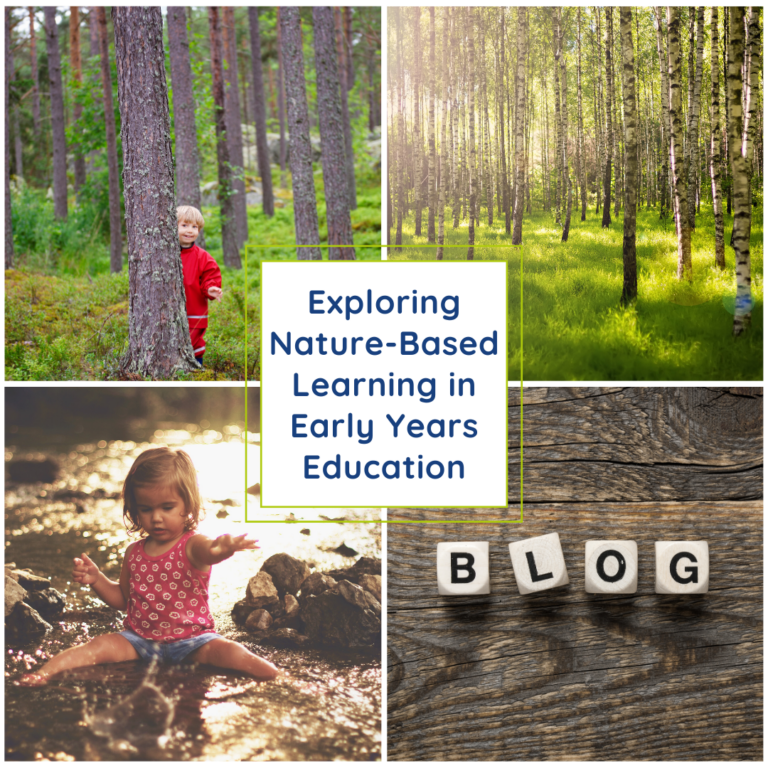Exploring Nature-Based Learning in Early Years Education
In our fast-paced digital world, reconnecting children with nature might seem a daunting task. However, nature-based learning in early years education is emerging as a powerful educational approach. This immersive educational strategy centres on the simple idea that the best learning environment for children might, in fact, be Mother Nature herself.
The Uniqueness of Nature-Based Learning
Unlike traditional classroom-based teaching, nature-based learning breaks down the four walls of classrooms, immersing children in the vast natural world. By intertwining the unique sights, sounds, and sensations of the outdoors with learning experiences, it cultivates a richer, multi-sensory educational environment.
With everything from the rustling leaves to the crawling bugs serving as teaching tools, nature-based learning fosters a sense of wonder in children, sparks their curiosity, and instils a deep, intrinsic appreciation for the world around them.
The Benefits of Nature-Based Learning
Physical Health
Beyond the obvious perks of increased physical activity and sunlight exposure, outdoor learning experiences have been linked to improved nutrition, sleep, and even vision.
Cognitive Development
Nature-based learning enriches children’s cognitive abilities as well. The unpredictable and diverse nature environment challenges children’s thinking and problem-solving skills in ways that structured indoor play cannot. For instance, when a child comes across a muddy patch in their path, they’re prompted to think creatively and strategically to overcome the obstacle.
Social Skills
Engaging in outdoor activities also strengthens children’s social skills. They learn to cooperate, negotiate, share, and communicate effectively while engaging in group activities, such as building a fort out of sticks.
Emotional Wellbeing
Research shows that spending time outdoors reduces stress and enhances mood in children, fostering their emotional wellbeing. Through nature-based learning, children learn to manage risk, deal with uncertainty, and build resilience—life skills that are critical to their personal growth and development.
Environmental Stewardship
When children have a direct, hands-on relationship with nature, they’re more likely to develop a sense of environmental stewardship. This early introduction to eco-consciousness could inspire them to become future stewards of our planet.
Making Nature-Based Learning a Reality
Incorporating nature-based learning into early years education doesn’t necessarily mean building an outdoor classroom in a forest. Here are some simple ideas to get started:
Outdoor Scavenger Hunt: This fun-filled activity enhances observational skills and knowledge of the natural world.
Gardening Projects: Tending to plants fosters patience, responsibility, and an understanding of life cycles.
Nature Art: Encourage creativity and fine motor skills by creating art from natural materials like leaves, twigs, or stones.
Nature Journalling: A wonderful tool to instil observation, writing, and reflection skills.
With nature as a co-teacher, the potential for learning becomes boundless. It’s high time we tapped into the power of nature-based learning, harnessing its potential to enrich our children’s educational experience in the early years. In the process, we’re not just teaching academic skills but also nurturing a generation of confident, compassionate, and environmentally-conscious individuals.
So, let’s embrace the mud, rejoice in the puddles, and celebrate the joy of nature-based learning in early years education! Because as Albert Einstein wisely said, “Look deep into nature, and then you will understand everything better.”


